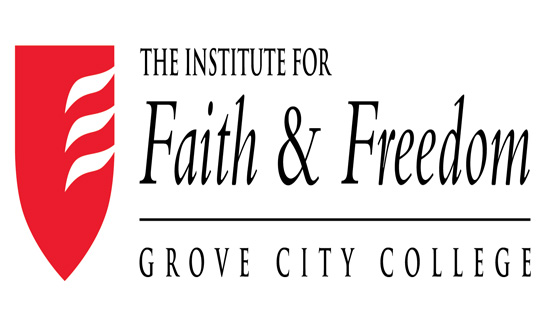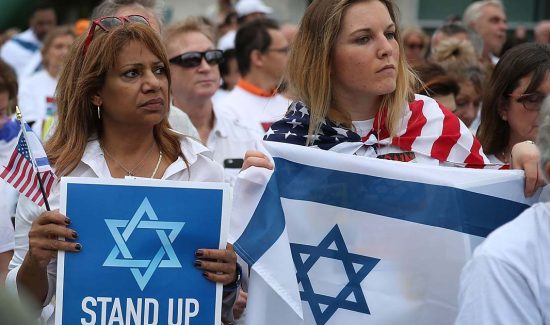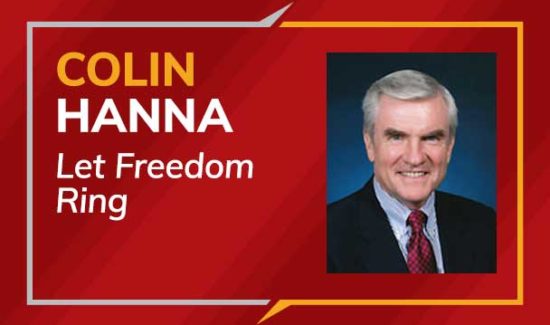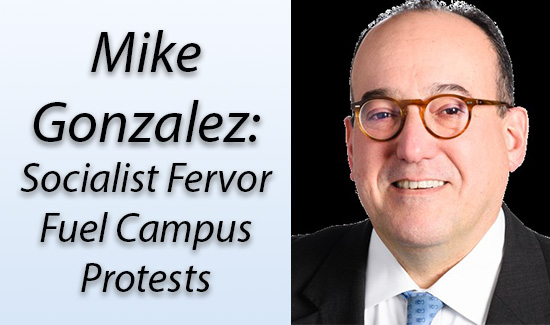Reining in Public Accommodation Laws

When Lorie Smith, owner of a Colorado website design business, thought about expanding her business to include websites for those planning traditional weddings (one man and one woman), she was understandably concerned that such a business expansion could put her in legal jeopardy under Colorado’s “public accommodations” law. The law called for penalties to be imposed upon any business open to the general public which refused to provide goods or services to persons based on, among other things, their sexual orientation.
Smith was well aware of the decade-long legal battle that Colorado baker Jack Phillips had endured when he refused to bake a specialty wedding cake for a same-sex union. However, she could never have predicted that her expansion plans would land her before the U.S. Supreme Court. Furthermore, she could not have imagined that the court would render a landmark freedom of speech decision in her favor which would have the effect of reining in the growth of public accommodations laws in half of the states.
Where the Problems Began
Smith’s problems began when she observed the new direction that wedding planning was taking, especially with Gen Z and Gen Y couples. “Wedding websites have become an essential part of planning a wedding in today’s tech-centered world,” according to a popular wedding planning company, Carats and Cakes.
Smith believed that with her existing website expertise, she was well-positioned to provide high quality wedding websites to couples. But there was a problem. Justice Neil Gorsuch aptly captured Smith’s persistent worry, “If she enters the wedding website business, the state will force her to convey messages inconsistent with her belief that marriage should be reserved for unions between one man and one woman.”
Clarification of Rights
To allay her understandable concerns, Smith sought clarification of her rights by filing a lawsuit in a federal court seeking to obtain an injunction preventing Colorado from forcing her “to create websites celebrating marriages she does not endorse.” So that the court could focus on the legal issues, the parties agreed to “stipulated” facts, that is a certain set of facts that neither party would contest.
Essentially, those “agreed upon facts” recognized that 303 Creative and Lorie Smith were quite willing to produce custom websites for clients regardless of their sexual orientation as long as the content did not contradict the biblical truths that Smith sincerely held—namely, that marriage should be solely between one man and one woman.
Further, the parties agreed that Smith’s work, provided in the business name, would be viewed as endorsed by her because it expressly conveyed a certain message which Smith, in collaboration with her clients, intended to produce. That message was a religiously grounded view of marriage. Finally, the parties agreed that if Smith could not in good conscience provide a wedding website in a particular situation, then other providers existed which would be able to offer that service.
Unfortunately, Smith lost at the levels of both the District Court and Court of Appeals. The District Court refused to grant her an injunction and the Tenth Circuit Court of Appeals affirmed. She appealed and the U.S. Supreme Court agreed to hear her case.
The U.S. Supreme Court
The outcome was different there. The high court found in favor of Smith in a 6-3 decision which protected her under the First Amendment. In a tightly reasoned opinion, Justice Gorsuch unfolded two separate legal developments which created the conflict which the court was compelled to address.
First, Gorsuch reviewed a series of First Amendment “speech” cases, beginning with the longest standing and most frequently cited case: West Virginia Brd.of Ed.v. Barnette. The state of West Virginia required all public school children to salute the flag and recite the Pledge of Allegiance. These two actions were at odds with the religious faith of children who were Jehovah’s Witnesses. The court found that West Virginia compelled these students to utter words that were contrary to their convictions, and in doing so, violated their First Amendment rights.
The Gorsuch opinion then moved to another key case: Hurley v. Irish-American Gay, Lesbian, and Bisexual Group of Boston, Inc. The legal setting of that case came closer to the fact of 303 Creative because it also arose out of the clash between a public accommodations law, in this case Massachusetts, and freedom of speech. In Hurley, the court protected the expression rights of a veterans’ group which organized the St. Patrick’s Day Parade but excluded a gay group from participating. The Irish-American gay group relied upon the public accommodations law which it argued required it to be included in the parade. The Supreme Court said “no” to that holding, stating that requiring the veterans to include the gay group’s message with which they disagreed would “alter the expressive content of the parade” and, by doing so, would violate the constitutional rights of the veterans.
In like manner, five years later, the court safeguarded the Boy Scouts of America’s messages of morality and traditional sexuality when BSA dismissed an openly gay assistant scoutmaster from his post. Mr. Dale, the complainant, had cited a public accommodations law, this time New Jersey’s law, as his basis for avoiding dismissal. The court in Boy Scouts of America v. Dale disagreed with Dale, citing free speech and expression found in the First Amendment.
The Expansion of Public Accommodations Laws
Having reviewed free speech cases, the opinion shifted to the other legal developments bearing on the 303 Creative case, which were the expansion of public accommodations laws. The first type of expansion was the broadening of the definition of what constitutes “a place of public accommodation.” At the end of the 19th century, the common law identified what the court calls a “short list” of entities defined as places of public accommodation made up primarily of “common carriers” like railroads along with certain businesses like restaurants and hotels. However, state governments gradually and significantly widened the definition of public accommodations to include “any enterprise serving the general public.” Virtually no business enterprise is excluded from coverage in the modern renditions.
Secondly, as the Gorsuch opinion observed, the “states have also expanded their laws to prohibit more types of discrimination.” The kind of discrimination that state public accommodations laws prohibited, even as late at post-World War II, was primarily racial discrimination. But by 2022, 21 states protected people from discrimination based upon “sexual orientation,” the issue raised in the 303 Creative case. Justice Gorsuch forthrightly says that such expansion “can sweep too broadly when deployed to compel speech.” The court faced and courageously addressed the conflict: “When state public accommodations laws and the Constitution collide, there is no question which must prevail.” Of course, the court is clearly siding with free speech and the U.S. Constitution.
In the concrete language of this case, “Colorado seeks to force an individual to speak in ways that align with its views but defy her conscience about a matter of major significance.” The opinion is clear and undeniable: this is something Colorado cannot do.
Are Public Accommodations Laws Dead Letters Now?
Of course not. Justice Gorsuch says, “There are no doubt innumerable goods and services that no one could argue implicate the First Amendment.” But neither can large segments of services businesses that contain expressive, value-laden content be compelled to provide substance that clashes with their owners deeply held and often religious convictions.
The substantive line that the court failed to draw in the Masterpiece Cakeshop case has now been clearly drawn. It is a line that restrains state and local public accommodations laws from eviscerating freedom of speech.






